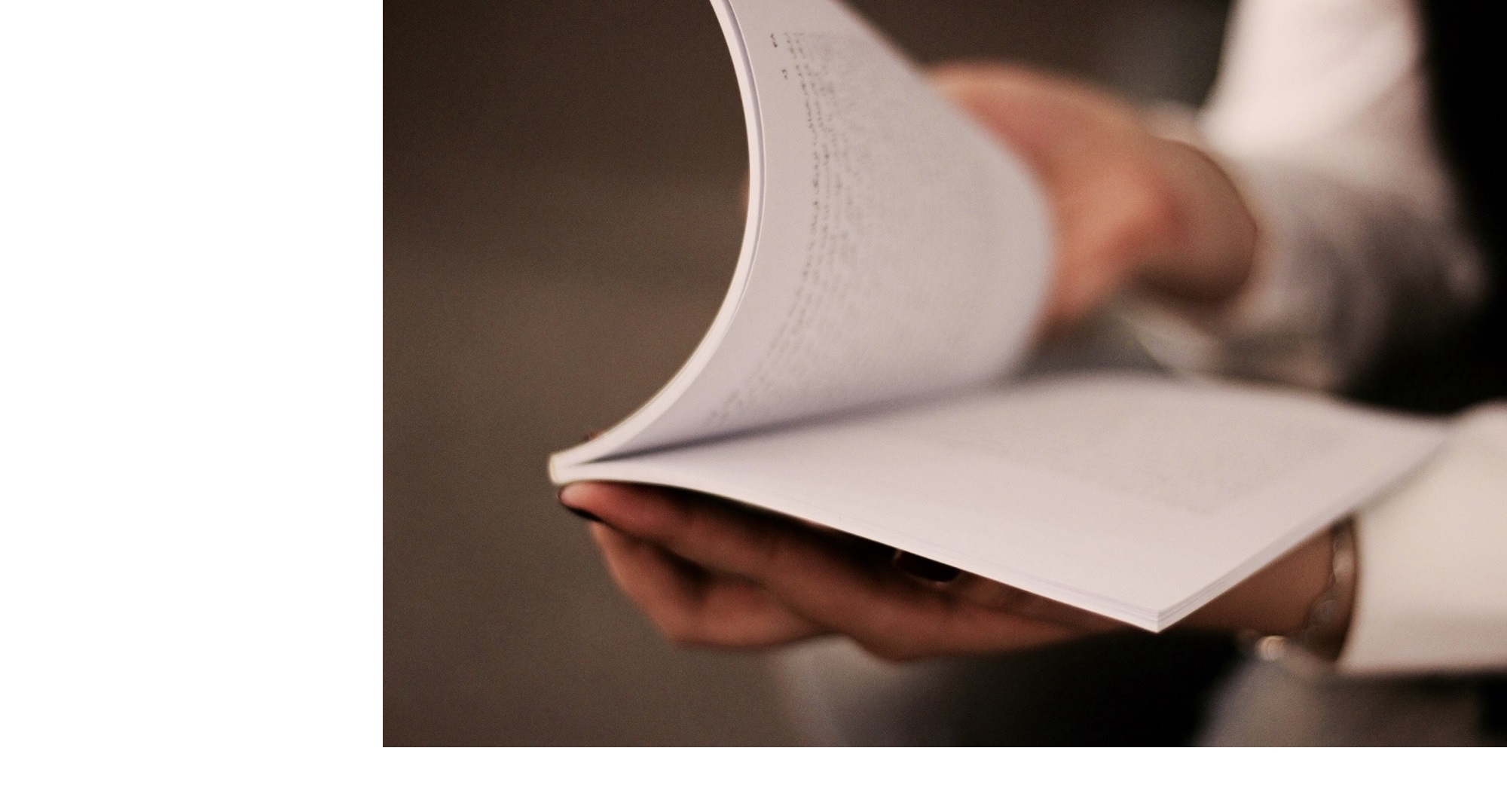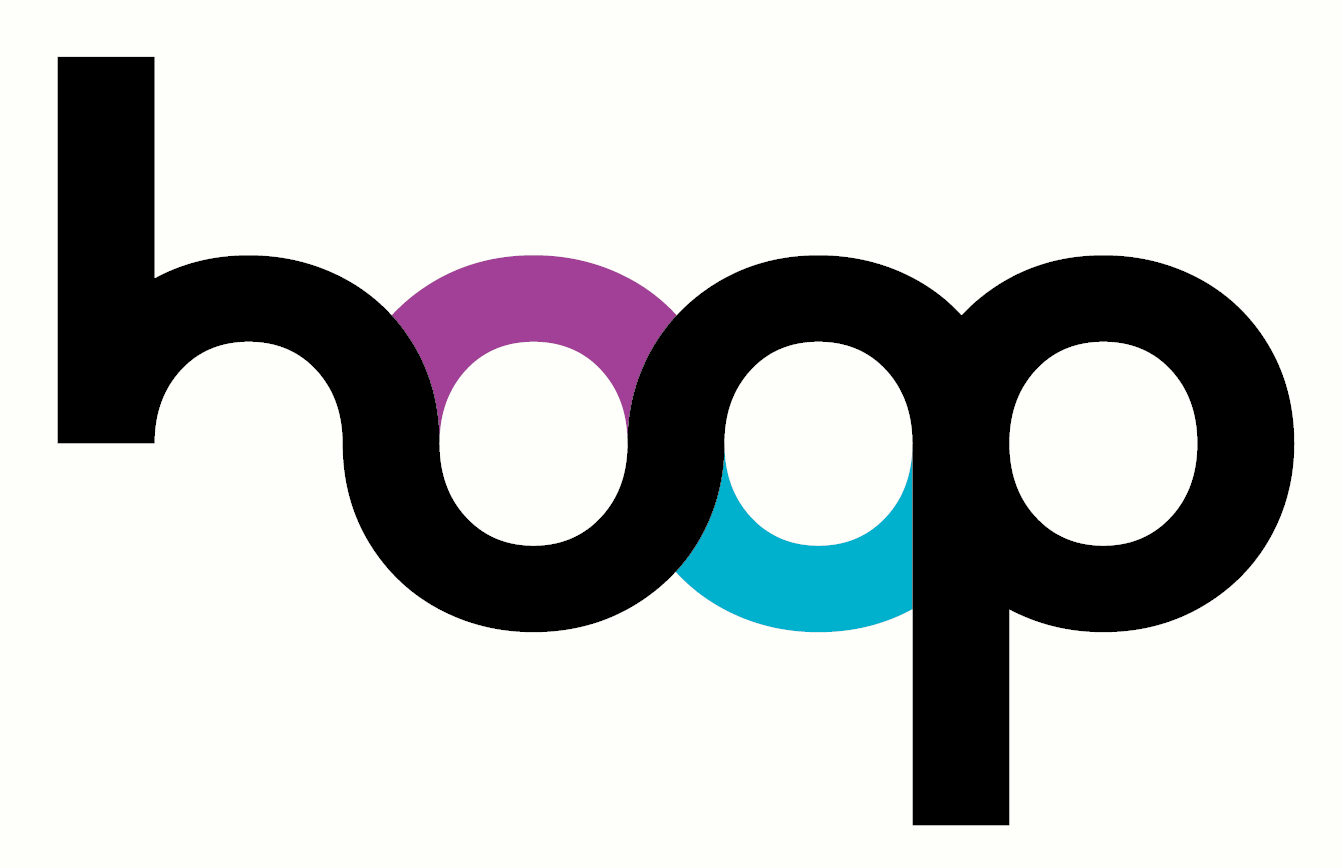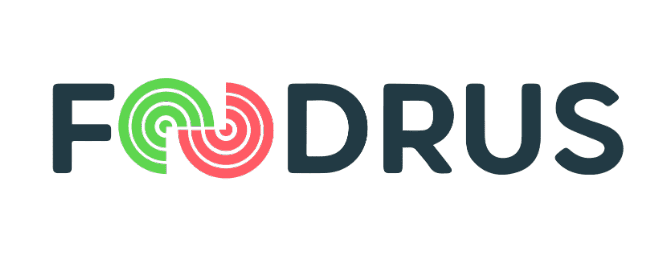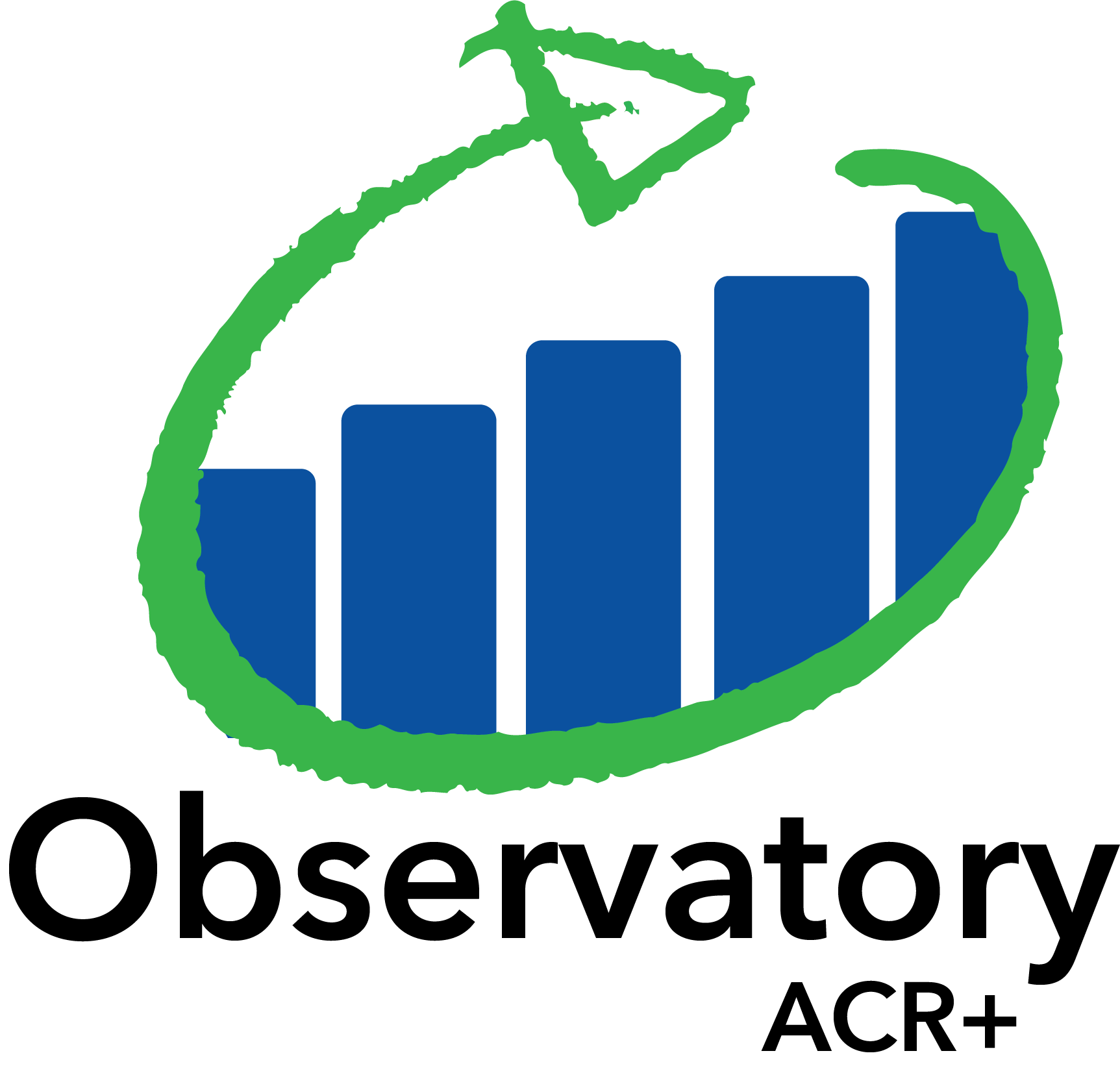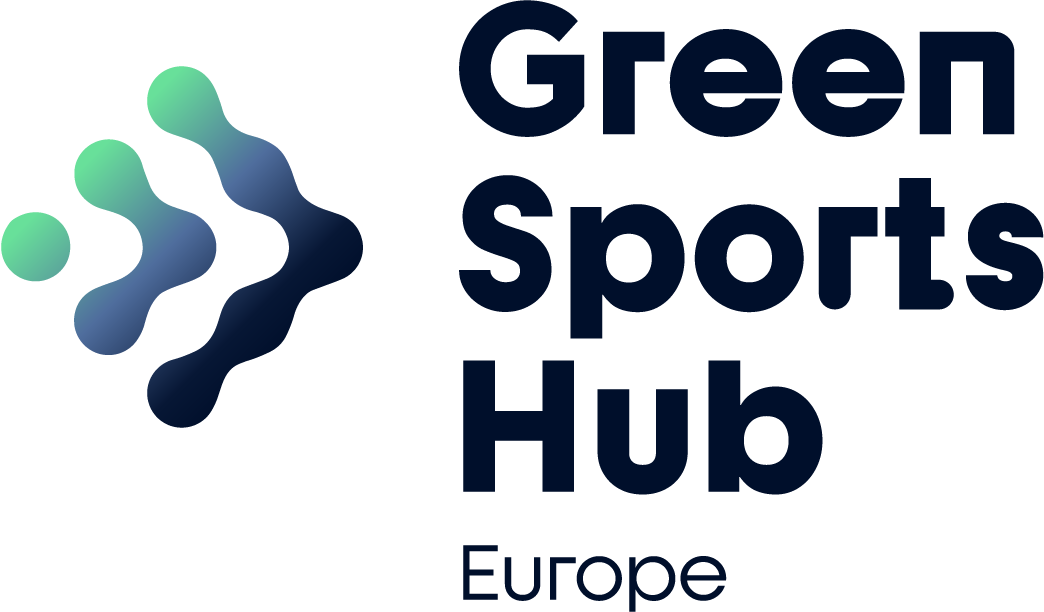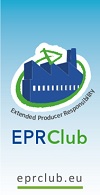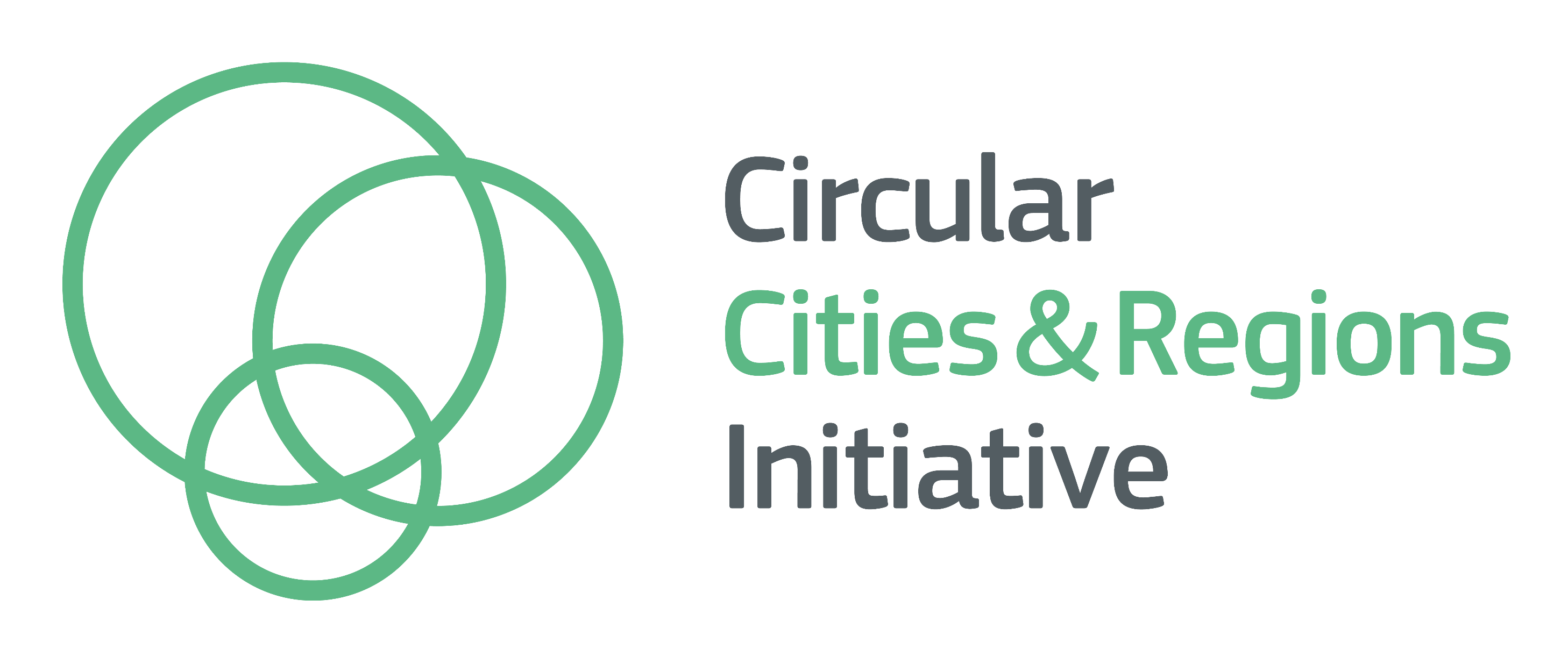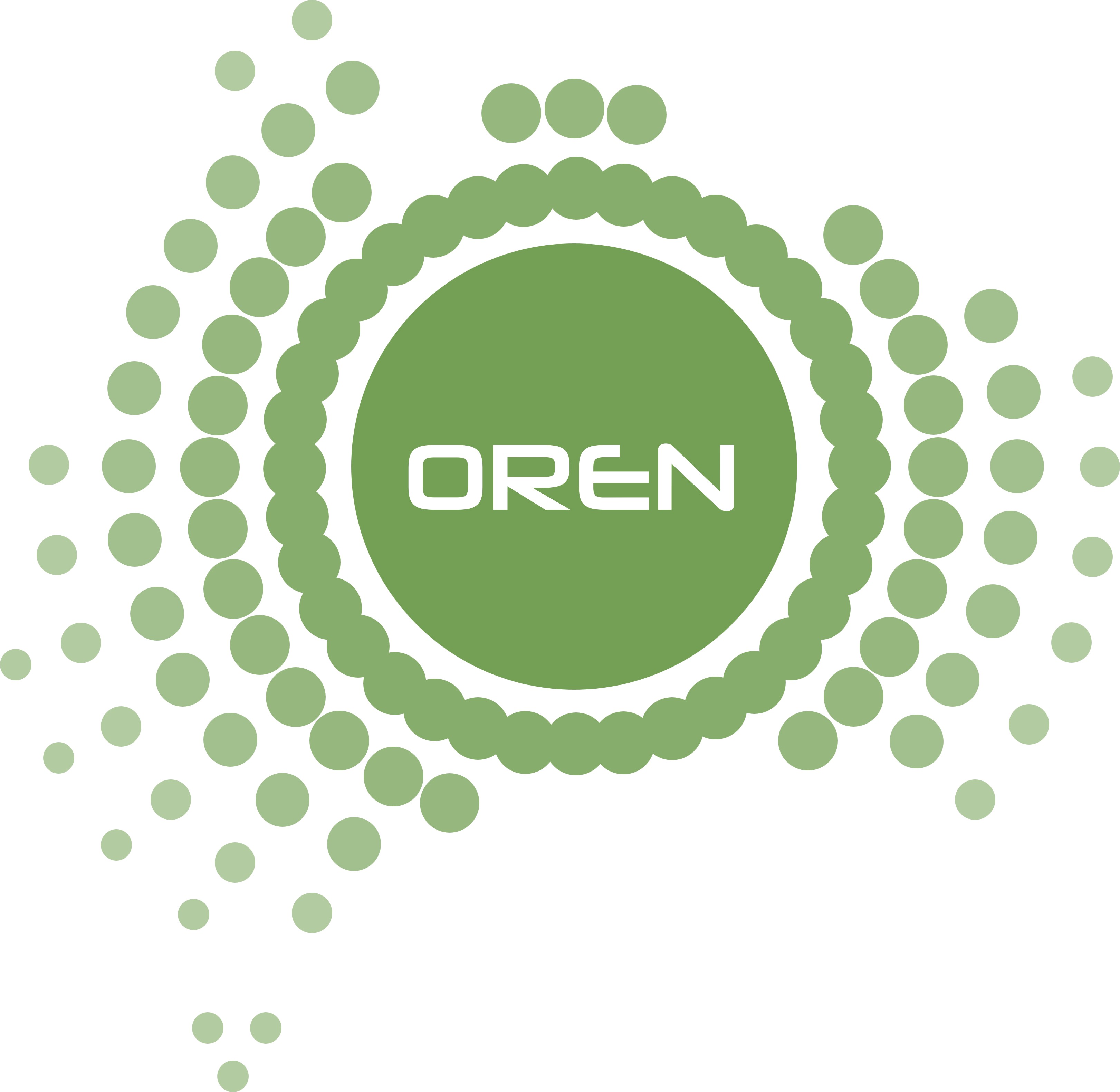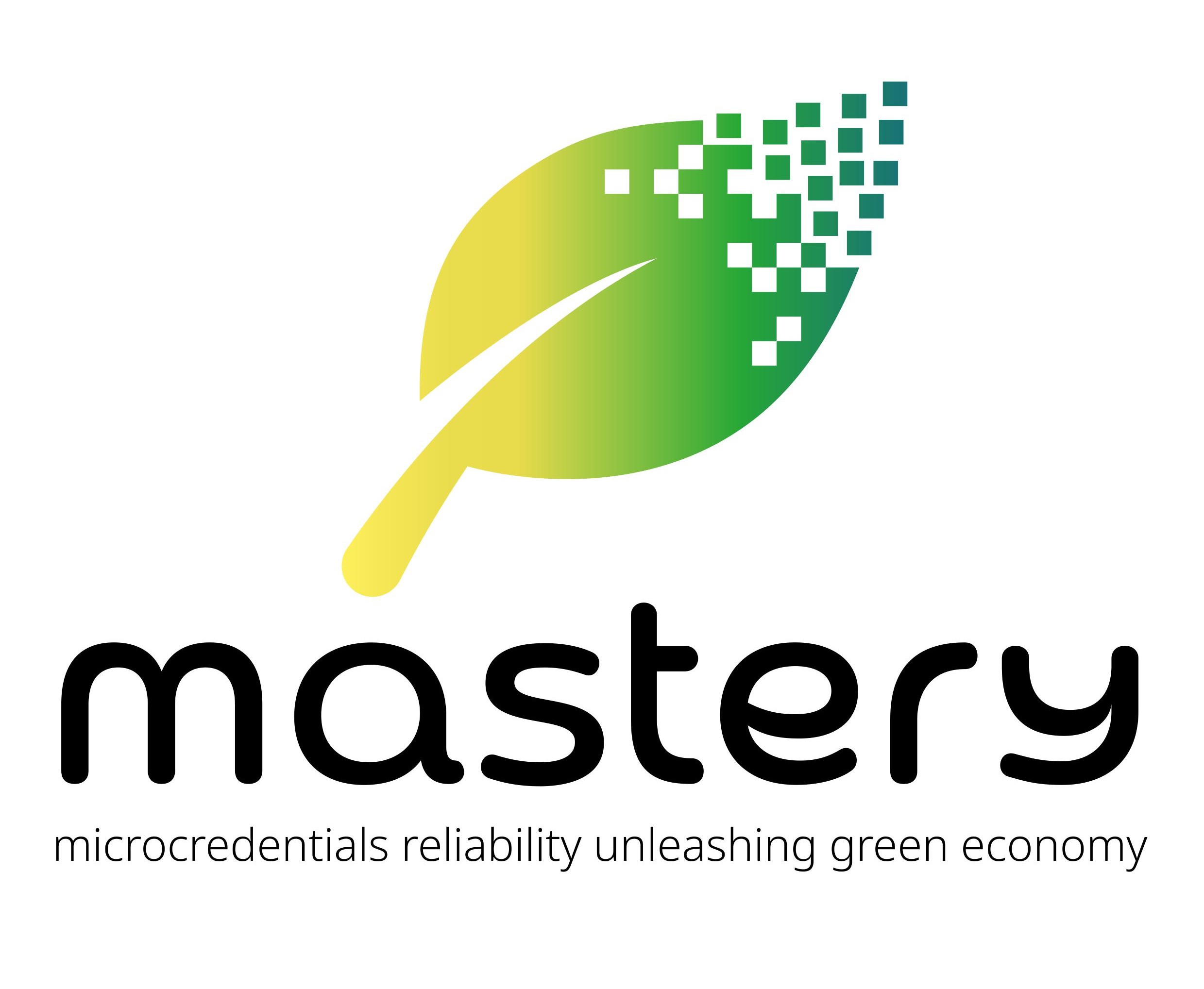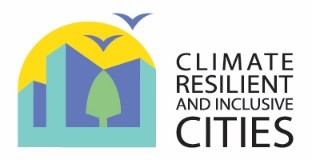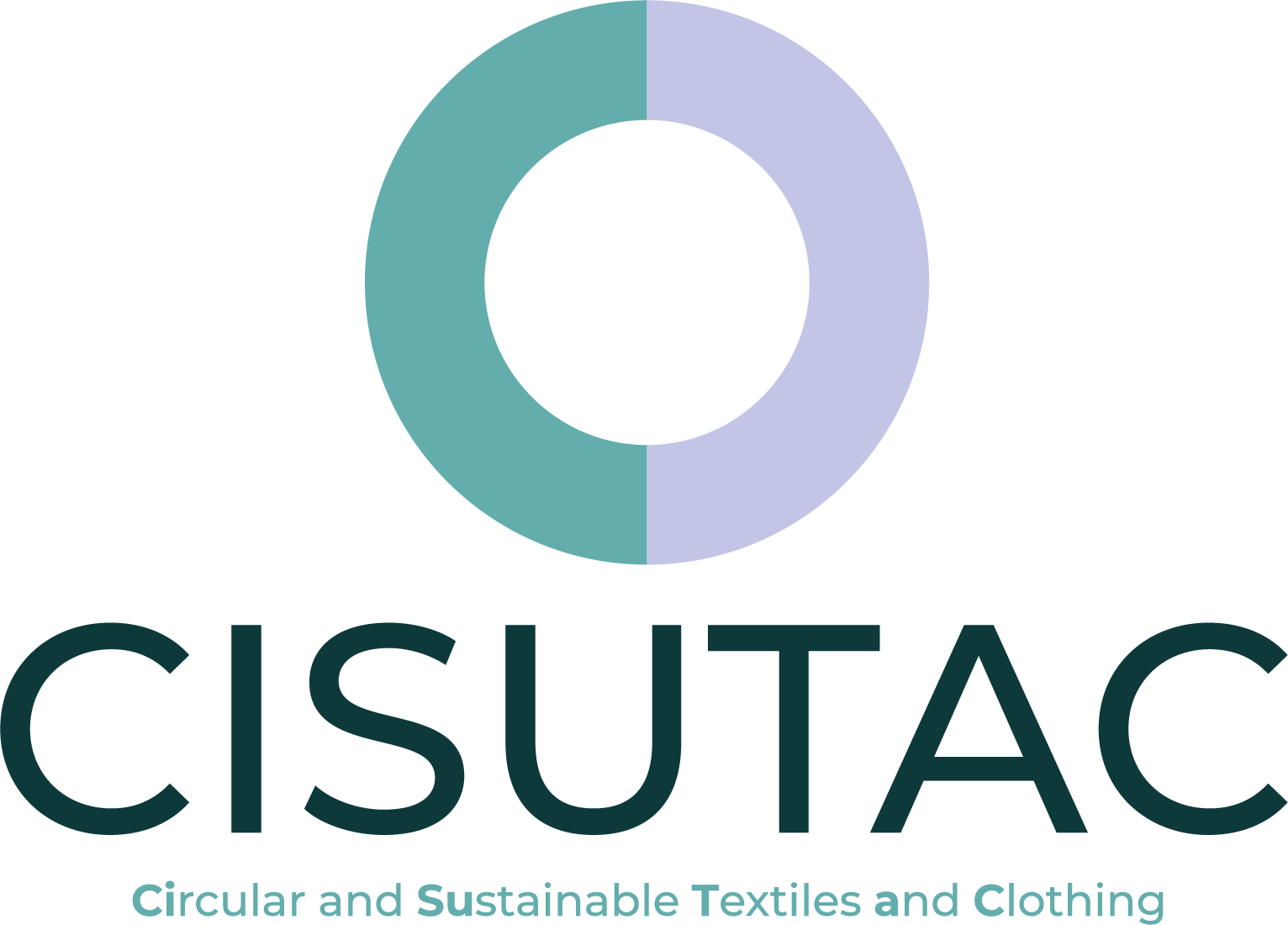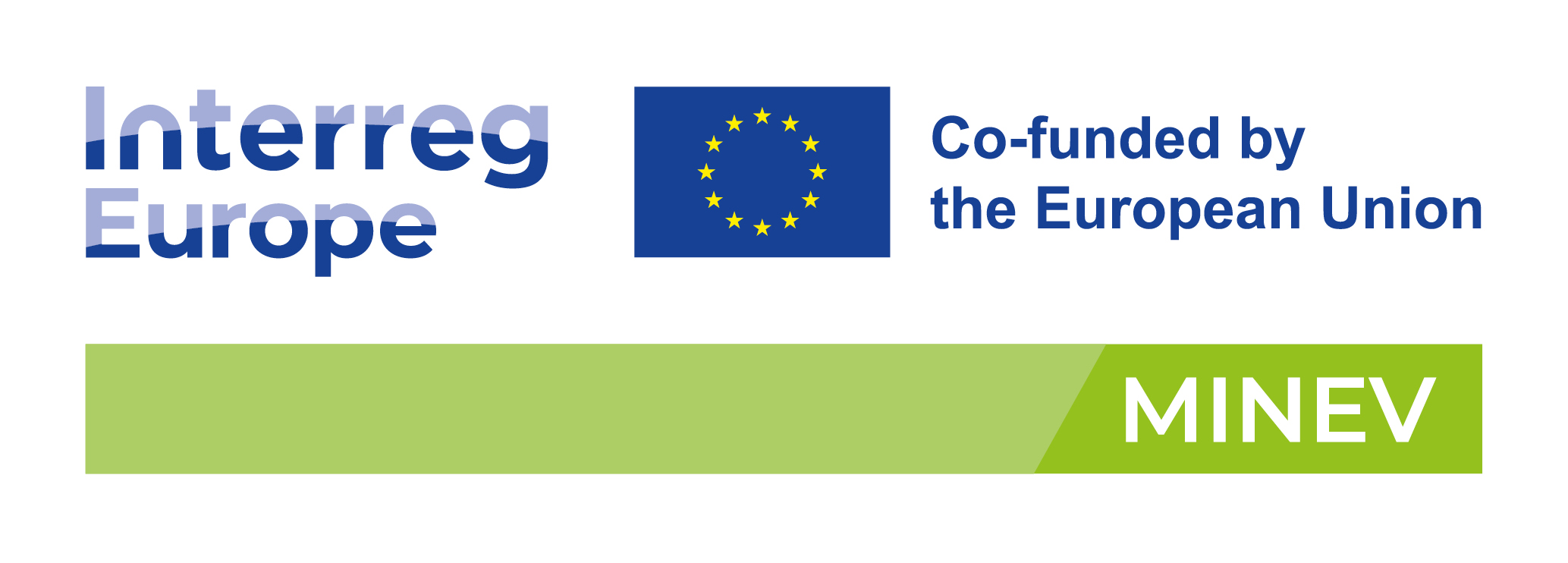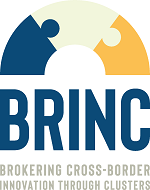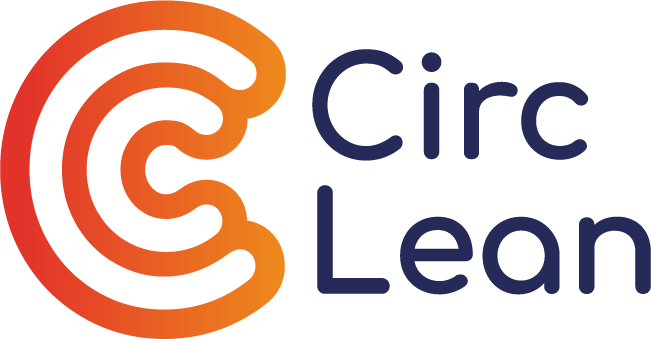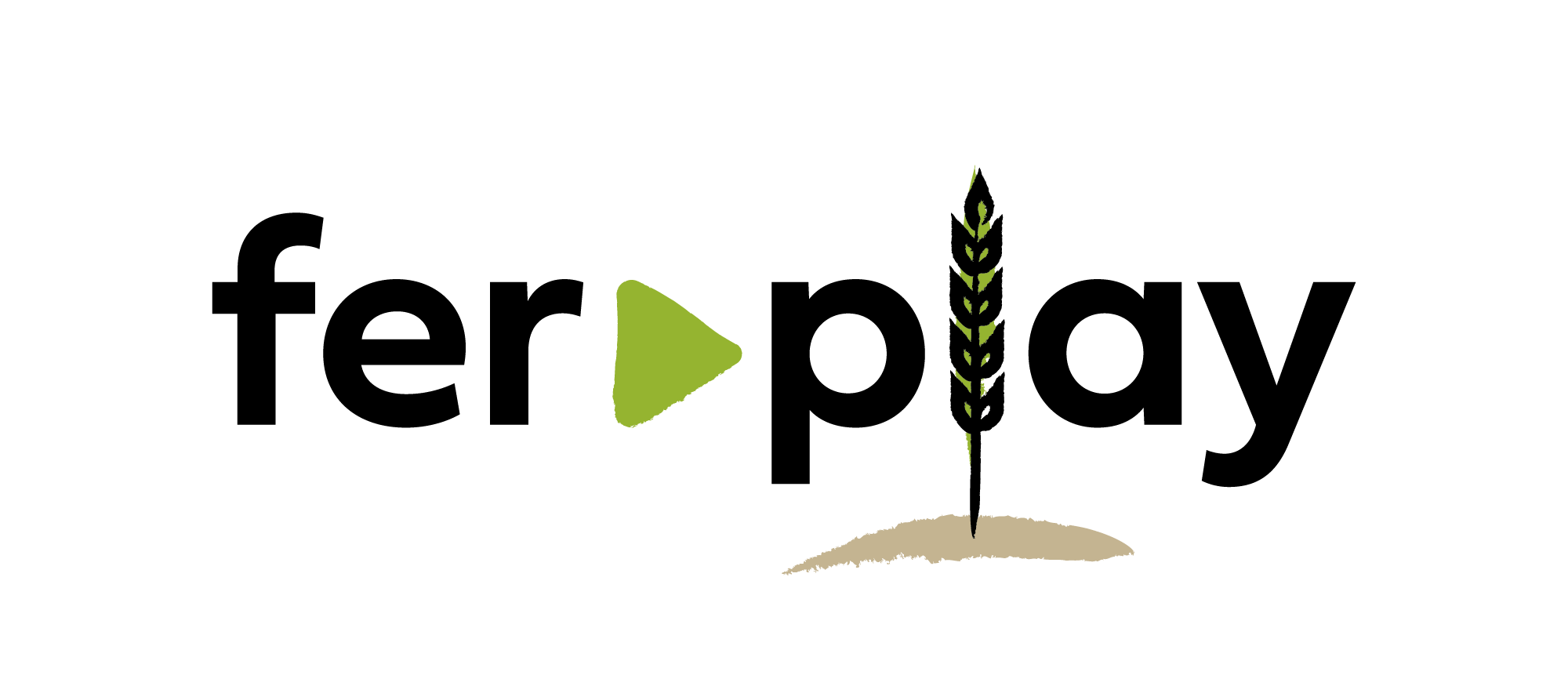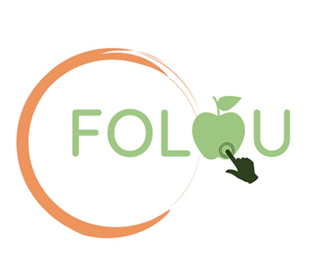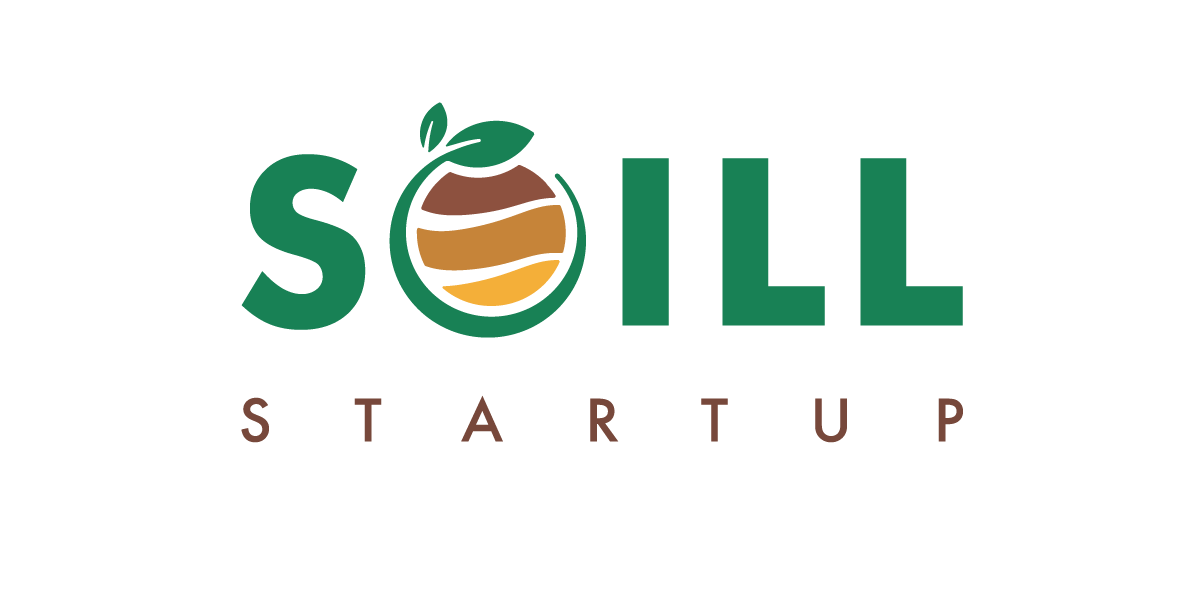Last week, ACR+ took an active role throughout the World Circular Economy Forum, engaging in various sessions and activities aimed at advancing the circular economy agenda. On the first day, our secretary general, Françoise Bonnet, was one of the five guest speakers at the session titled "The circular economy we want for Europe 2024-2029", along with Ambroise Fayolle (Vice-President of the European Investment Bank), Florika Fink-Hooijer (Director General of DG ENV), Sandra Dokic (State Secretary, Ministry of Environmental Protection of Serbia), and Pascal Bourguet (COO and Channel Chief of Lenovo International Market). The speakers critically examined the EU's commitment to circularity and identified areas requiring urgent action. This session provided a platform for insightful discussions on the role of the circular economy in addressing climate change and enhancing competitiveness in Europe.
On the second day, the European Circular Economy Stakeholder Platform held its 2024 conference in collaboration with the WCEF to add a dedicated track showcasing Europe’s progress. One of the sessions, co-organised by ACR+ as member of the ECESP, on effective and inclusive circular transition governance in cities and regions saw the participation of ACR+ members Navarra and OVAM.
Another moment of note during the WCEF was DG RTD’s Accelerator session contributing to the Circular Cities and Regions Initiative (CCRI) community. ACR+ leads CCRI’s thematic working group on circular resource management, and also participated in the session, which delved into how circular projects can leverage impact measurement practices and alignment with EU regulations to attract investments. The day before, in another Accelerator session, ACR+ member Zero Waste Scotland offered to discover the pivotal role of cities, regions and local governments in translating national circular economy ambitions into action through a place-based approach.
On 18 April, ACR+ actively engaged in discussions at the 6th Zero Pollution Stakeholder Platform meeting, exploring how Zero Pollution strategies can help cities and regions achieve their environmental ambitions.
Throughout the week, we welcomed in our offices and met with several ACR+ members and project partners, like Afvall Norge, Northern Cities Netherlands, or Hamburg, who came to Brussels for the event. It is always a pleasure to discuss with you!
Last but not least, we attended several sessions, for example on the built environment, on which we will be reporting in the coming weeks.
ACR+ has recently participated in on a full day event organised by Circular Buildings Coalition, Arup, Ellen MacActhur Foundation and Metabolic in the framework of the World Circular Economy Forum. The event focused on different ways to integrate circular economy principles in the built environment. During the first session of the day, the potential of regenerative design as a way to reconnect with nature and move beyond Net Zero was highlighted. Public authorities and local communities are key here, as they can take the charge in constructing more circular, green, fair and accessible built environment. The second session focused on business cases for a circular building sector highlighted the importance of breaking the silos, creating a strong collaboration with the key stakeholders, and local and regional authorities must be included in the dialogue. The third session was hosted by the Circular Building Coalition, which presented Four circular building pathways towards 2050: build efficiently, build with the right materials, build for long-term use, and build nothing. This toolkit presents 9 interventions related to the four pathways that could support, together with the implementation of the decarbonisation efforts, the reduction of 84% of the environmental impact of the construction sector. For a real success, a key role is played by sufficiency measures. 28 actions are presented in the report, within which 10 business solutions have been supported for 6 months in order to implement the Blueprint Projects as circular business models on the market. The event was closed by a call for a translation of holistic change in practical actions by Janez Potočnik and Jocelyn Bleriot (Ellen MacArthur Foundation).
 Brussels recently played host to the New European Bauhaus Festival, a significant initiative signalling the European Commission's commitment to integrating sustainability, social justice, culture, and accessibility into the built environment. ACR+ actively participated in this event, recognising it as a pivotal platform for fostering collaboration and breaking down silos among cities, professionals, citizens, academia, and associations. Through panel discussions and the presentation of 20 good practices at the NEB Prizes Ceremony, attendees gained insights into the intersection of education, urban greening, and the challenges and opportunities facing the built environment. ACR+ left the event impressed with the evident progress in the topic and inspired to continue doing the work required in harmonising sustainable resource materials with principles of social justice, accessibility, and sufficiency, with cities and regions poised to lead the way forward.
Brussels recently played host to the New European Bauhaus Festival, a significant initiative signalling the European Commission's commitment to integrating sustainability, social justice, culture, and accessibility into the built environment. ACR+ actively participated in this event, recognising it as a pivotal platform for fostering collaboration and breaking down silos among cities, professionals, citizens, academia, and associations. Through panel discussions and the presentation of 20 good practices at the NEB Prizes Ceremony, attendees gained insights into the intersection of education, urban greening, and the challenges and opportunities facing the built environment. ACR+ left the event impressed with the evident progress in the topic and inspired to continue doing the work required in harmonising sustainable resource materials with principles of social justice, accessibility, and sufficiency, with cities and regions poised to lead the way forward.
The European Week for Waste Reduction (EWWR) has unveiled the finalists for its 2023 campaign, selected by a panel of environmental experts from a pool of over 14,000 actions. The European Week of Waste Reduction focused on packaging for the second time in its history (the first time was during the 2016 edition). Even after 7 years, this topic remains crucial in terms of waste produced, which has not been reduced but pushed forward with the increase of the e-commerce sector. Among the 15 creative and impactful initiatives recognised are projects from diverse sectors including public administration, business, NGOs, educational establishments, and citizens, all showcasing innovative approaches to waste reduction. The winners will be announced at the Awards Ceremony scheduled for 18 June in Marseille, which promises to be an occasion to celebrate the achievements of individuals and organizations dedicated to fostering a sustainable future.
What’s new in the network





